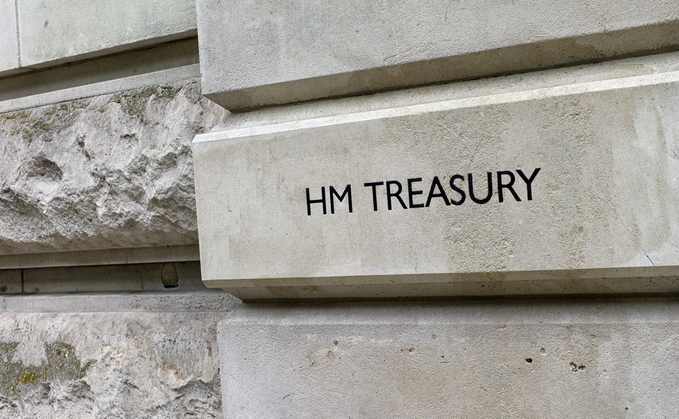Cross party group of MPs call for green Spring Budget to tackle ‘underinvestment crisis’

MPs from Labour, Lib Dems, Green Party, SNP, Plaid Cymru, and Alliance have jointly called for a green investment-friendly Spring Budget on Wednesday
A group of cross-party MPs and peers have called on the Chancellor to prioritise new public investment in net zero infrastructure and skills in this week’s Spring Budget, in a move they argue would help to “futureproof our economy and our energy system”.
In a letter addressed to Jeremy Hunt on Friday, Parliamentarians from across political divides urged the Chancellor to “use the forthcoming Spring Budget to address the ongoing underinvestment crisis the UK is facing” by funnelling more public spending to help deliver on net zero goals.
It also calls on the government to publish a Net Zero Investment Plan in order to “identify and close the gap between actual and required financial flows” and help catalyse increased investment from the private sector.
And the letter calls on the Treasury to work with the Department for Energy Security and Net Zero (DESNZ) to set out a plan to ensure “every household has access to energy efficiency measures and fossil-free heat via a combination of grants and low-cost loans”.
…